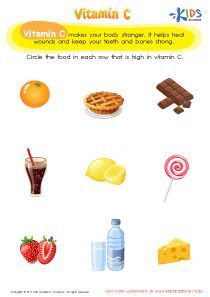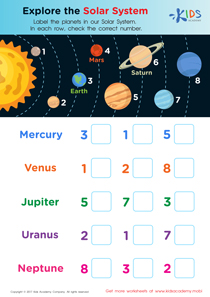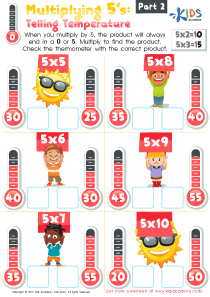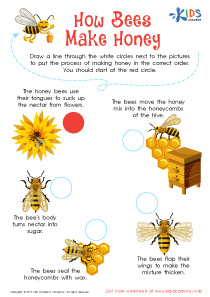Climate and Weather Worksheets Grade 3
1 filtered results
-
From - To
Weather And Climate Worksheets Grade 3 Pdf
Our Weather Worksheets are perfect for Grade 3 students who are learning about the Earth's atmosphere and weather patterns. These fun and engaging worksheets cover a range of topics, such as the water cycle, types of clouds, seasons, and weather instruments. Your students will love learning about the different types of weather and tracking the temperature and precipitation in their own backyard. Whether you're a teacher looking for a classroom resource or a parent looking to supplement your child's learning, our Weather Worksheets are an excellent way to introduce young learners to the amazing world of weather. Order now and watch your students' curiosity soar!
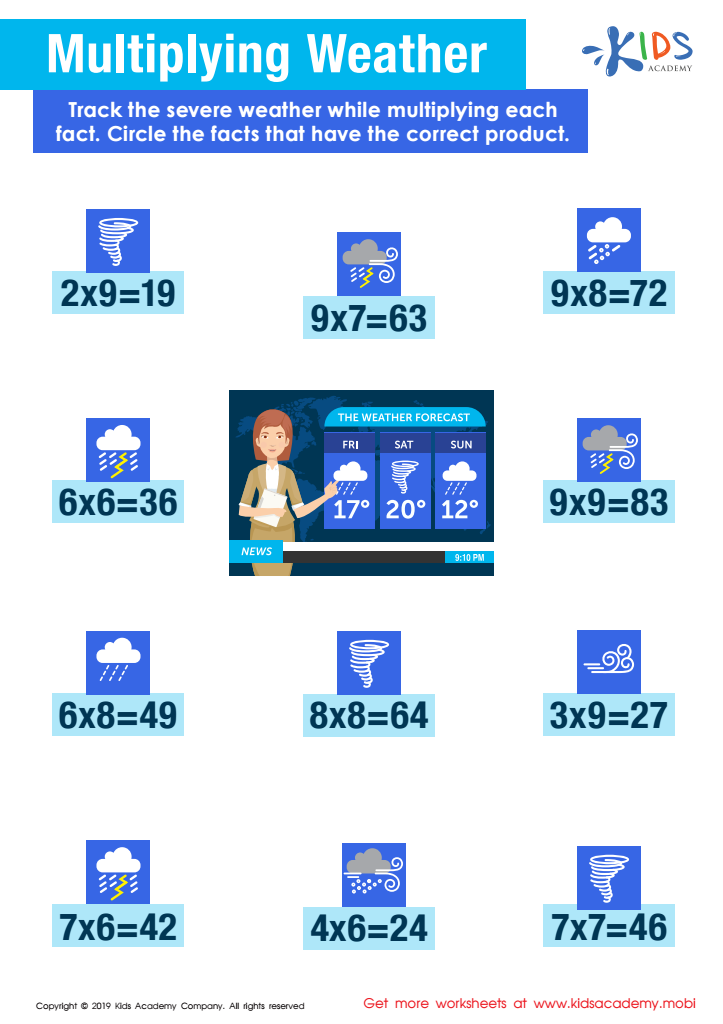

Multiplying Weather Worksheet
The Benefits of Weather Worksheets for Grade 3 Students
Weather is a fascinating and ever-changing phenomenon that greatly affects our lives. With the onset of global warming and climate change, it has become even more critical to understand the science and dynamics of weather patterns. This is where weather worksheets come in handy. Not only do they introduce the fundamental concepts of weather, but they also help students develop essential skills like observation, data analysis, and critical thinking.
Weather worksheets are curated for grade 3 students as at this stage, they begin to develop a keen interest in the environment around them. The worksheets feature activities such as weather forecasting, creating weather maps, and learning about temperature, precipitation, and types of clouds. They help to drive home basic concepts and vocabulary that are essential to comprehending and discussing weather.
One of the most significant benefits of weather worksheets is that they offer students a hands-on and interactive way of learning. Instead of simply reading about weather concepts, students can actively engage with their lessons, using real-time data and observations. They also challenge students to engage their critical thinking skills by requiring them to analyze data and make predictions about future weather patterns.
Furthermore, weather worksheets are an excellent tool for developing students' observational skills. They require students to observe the weather in their local environment, noting changes in temperature, changes in cloud cover, and precipitation. Through these observations, students learn to make connections between their local environment, weather patterns and global weather phenomena.
Weather worksheets also challenge students to put their creativity to use. They can design custom weather maps, create weather reports, and even create their weather experiments. Such exercises open their minds to explore possibilities and cultivate their creative thinking abilities.
Finally, the versatility of weather worksheets makes them an excellent resource for teachers and parents alike. They can be integrated into science lessons, math class, art classes, and even social studies. This means students can learn about weather across different domains, further enriching their education experience. Moreover, since worksheets are easily printable, they can be shared with students as homework assignments, extra credit activities, or review exercises.
In conclusion, weather worksheets are an excellent resource for grade 3 students. They offer a unique, interactive, and hands-on way to learn about weather concepts, develop essential skills and cultivate critical thinking abilities. They help students understand the significance of weather in our lives and emphasize the importance of environmental stewardship.

 Assign to My Students
Assign to My Students










